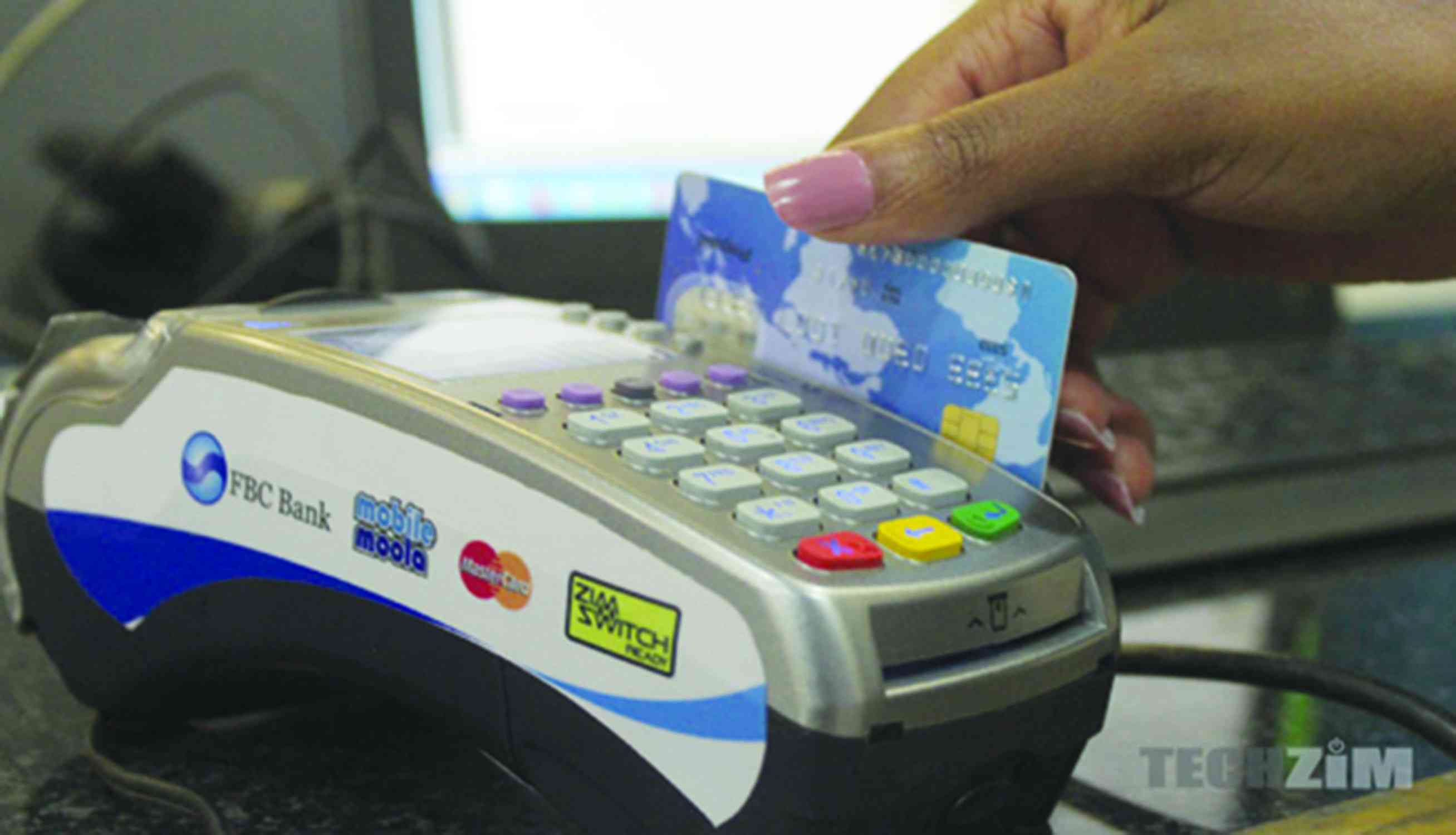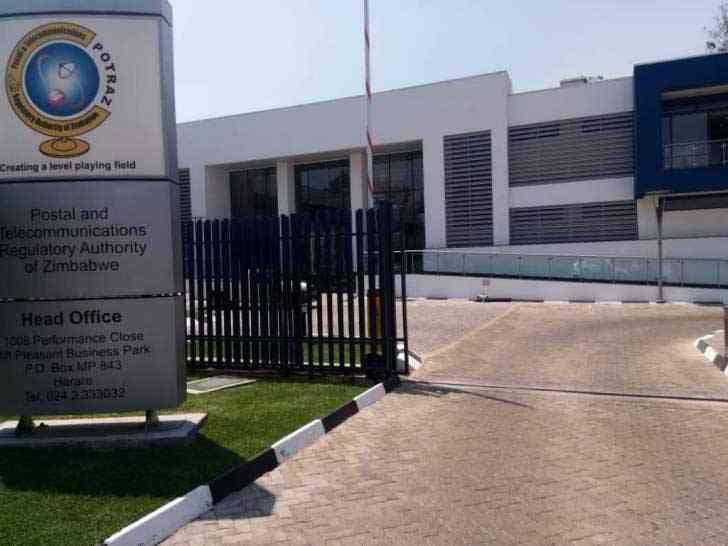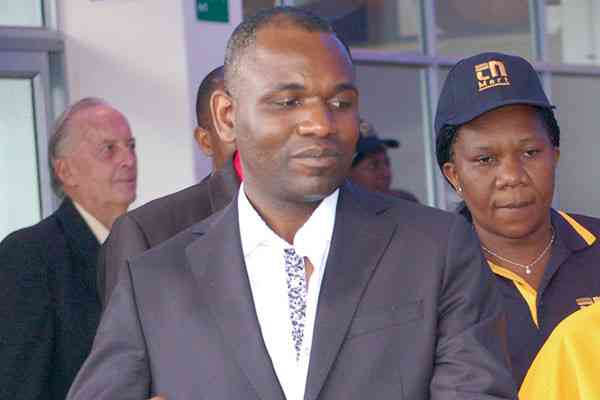
BUSINESSMAN Tawanda Nyambirai (TN, pictured) recently orchestrated a dramatic takeover of EcoCash Holdings Zimbabwe, a company listed on the Zimbabwe Stock Exchange (ZSE) and the parent company of Steward Bank. This move marks his return to the financial institution he founded more than a decade ago. In this exclusive interview with our assistant editor, Mthandazo Nyoni (MN), Nyambirai shares his vision for the bank and details how he regained control of Steward Bank. Below are excerpts from the interview:
MN: What is your vision for Steward Bank under your renewed leadership, and how does it align with the evolving financial landscape in Zimbabwe?
TN: Steward Bank embarked on a digitisation journey some time ago. However, it became overstaffed and less viable, which is the opposite of what digitisation was meant to achieve. Econet has been pushing for staff rationalisation and proper alignment with the digitisation agenda. I will complement Econet’s efforts and pursue what Econet started. My vision is to reshape the channel strategy to provide customers with a modern, comfortable, secure, and tech-driven experience when conducting their banking. We will introduce banking kiosks in place of traditional banking branches. The kiosks will provide computers, smartphones, iPads, and ATM machines to enable customers to conduct banking. Bank attendants will simply assist customers in using the bank’s gadgets or their own devices to carry out banking transactions. Cash deposits and withdrawals will be done using the ATMs (automated teller machines) in the kiosks. We will seek integration with Econet’s delivery channels. If an agreement is reached, and subject to regulatory approval, our banking platforms and infrastructure will be shared and will also be able to offer Econet products and services. We will seek similar collaborations with other consumer-facing economic actors.
MN: Can you speak more about the digital banking platform?
TN: Our digital banking platform will be developed to enable KYC functions, meaning customers must be able to download their KYC (know-your customer) documents remotely and open banking accounts online. The banking platform will also allow users to send text, audio, and short video communications to friends, business partners, and family sharing the same platform in a secure environment of real, verified people without ghosts or bots. In this way, we will transform the bank into a CyberTech bank.
MN: What motivated your decision to return to Steward Bank?
TN: At the time I sold the bank, the EcoCash licence was held by the bank. The regulatory environment was conservative and restrictive and did not allow EcoCash to do some of the things it can now do independently. Interaction with the Reserve Bank, whether through National Payments or the Financial Intelligence Unit, was always conducted through the bank. It made sense at the time for Econet to own and control the bank. I was willing to sell. I needed capital to pursue other ventures, particularly mining. I needed to be in a space where I could generate my own foreign currency. However, I remained in the financial services sector through TN Financial Services (TNFS), the leading corporate finance company in Zimbabwe; TN Asset Management (TNAM), the second-largest asset manager in Zimbabwe after Old Mutual; and TN Livestock Trust (TNLT), the only cattle bank in the world, which will expand to other countries. Now, the regulatory environment has enabled EcoCash to reduce its dependence on a bank. This has led Econet to transfer EcoCash back into its fold. Although banking is essential to Econet, it is not core to its business. The development of fintech is core to Econet, and that no longer requires a bank.
MN: Alright …
- Inaugural Zim investor indaba highlights
- Stop clinging to decaying state firms
- ZB explores options to tackle inflation
- Zim operations drive FMB Capital
Keep Reading
TM: The restructuring of Econet and EcoCash Holdings presented me with an opportunity to buy back the bank to complete my vision of a fully-integrated financial services group that includes financial advisory through TNFS, asset management through TNAM, stockbroking through Bethel Equities, cattle banking through TNLT, and banking through Steward Bank. I am much stronger now and, with support from my partners, customers, and clients, am able to fully realise my vision for a fully-integrated financial services group that can scale and grow internationally.
MN: Reflecting on your journey with Steward Bank, what key lessons have you learned that will shape your approach as CEO?
TN: I have learned that the regulatory environment in Zimbabwe is volatile. Regulations can change at any time without regard to the unintended negative consequences of such changes. This is what caused the collapse of most indigenous banks. A solid bank requires strong shareholders with deep pockets. My partners and I have the strength required for Steward Bank to weather any storm.
MN: Steward Bank has been a pioneer in digital banking in Zimbabwe. What new digital innovations or services can customers expect under your leadership?
TN: I will synchronise the digitisation strategy with what actually happens on the ground. I will make the digitisation agenda purposeful in that it will deliver convenience and memorable experiences. I will integrate the banking experience with everyday life activities to enable my customers to bank where they play, work, and live.
MN: Where do you see the future of fintech in Zimbabwe, and how is Steward Bank positioning itself to remain a leader in this space?
TN: Fintechs must fully integrate into social life. The technology must enable people to conduct financial transactions where they play, live, and work. Therefore, the integration of financial solutions into social media platforms is going to be the next big thing. In a world where social media platforms are dominated by global giants, other smaller financial intermediaries will be pushed out. To remain a leader, Steward Bank will be the first bank in Zimbabwe to build its online payment platform into a platform that can deliver what social media can offer, but in an environment of real people where there are no ghosts or bots—an environment of accountability and ethics, where there are consequences for people’s actions, and which is safe and governed by clear dos and don’ts. Our core values are Innovare, Dignitas, Industria, Fides, Originalis, and Humilitas. We will innovate with dignity, work hard, remain people of faith, and stay original and humble.
MN: What do you see as the biggest challenges facing the banking sector in Zimbabwe, and how is Steward Bank positioned to address them?
TN: The biggest challenge is the unpredictable and volatile regulatory environment. Steward Bank’s shareholders provide the depth of expertise and financial resources to keep the bank stable in the face of any storms.
MN: How do you navigate the regulatory environment in Zimbabwe, and what role do you see Steward Bank playing in shaping policies that support innovation and growth in the financial sector?
TN: TN Bank, together with Econet, pioneered mobile money in Zimbabwe. Zimbabwe was different from Kenya, where a mobile phone company could launch a mobile money platform with little or no regulation. Zimbabwe had one of the most advanced regulatory systems for the financial services sector. I had countless meetings with (Gideon) Gono and his team to persuade the regulator to license EcoCash. The result was that EcoCash was licensed with TN Bank as the licence holder and Econet as the platform provider and driver of the financial technology. When we started, we had physical KYC files for each customer. Over time, the regulator was persuaded to accept other depositories of personal customer data as acceptable referrals for KYC. There were also other bankers who resisted the innovation and needed to be persuaded.
MN: Very interesting …
TN: I was the leader in all these initiatives as chairman of Econet and the controlling shareholder and CEO of TN Bank. Navigating the regulatory environment in Zimbabwe does not work through manipulation. One must engage regulators with honesty, candour, and determination. Very few Zimbabweans have the expertise and experience I have gained over the years in doing this. I started at NMB, honed my skills with Econet as chairman and financial advisor, and continued with TN Bank. Through TNFS, I have been at the centre of most major financial developments in this country, including developing the model that was copied and implemented by mutual societies in Zimbabwe that demutualised. With Steward Bank, we will continue to innovate and engage regulators to accept these innovations. We will have a good success rate.
MN: How do you plan to expand financial inclusion in Zimbabwe, particularly in rural and underserved areas, through Steward Bank?
TN: To me, financial inclusion goes beyond facilitating transactions. True financial inclusion must entail empowering communities with the resources that enable them to be commercially active. Through TN Livestock Trust, we already make cattle bankable. Cattle owners are issued with Certificates of Deposit that are bankable. These certificates can be used to borrow money and make buying and selling cattle easier without the physical movement of livestock. The bank’s role will be to lend money to cattle depositors to enable them to establish other gainful projects, such as solar-driven boreholes for garden irrigation. The cattle-owning community constitutes a large segment of the rural unbanked population.
MN: Can you provide more details about the transaction that led to you becoming the majority shareholder of EcoCash Holdings and returning to Steward Bank? What were the key terms and conditions of the deal?
TN: Through TN Asset Management, we were the underwriters of the Econet and EcoCash Holdings rights offers that took place and were closed around April 2024. There was an underwriting stick as some shareholders chose not to follow their rights in EcoCash. I ended up acquiring 25% of EcoCash Holdings through that process. This was announced but did not draw much attention. I subsequently purchased about 28%, some of which will only be recorded on the ZSE (Zimbabwe Stock Exchange) after I obtain approval from the Registrar of Banks to own more than 25% of a bank holding company. I founded the bank and used to own more than 25% of it. Econet Global and Econet received a special dispensation to own it 100%. I am confident that I will be allowed to own the bank, even 100% if necessary. The listing rules of the Zimbabwe Stock Exchange require me to make an offer to minority shareholders within six months of receiving Reserve Bank approval. I shall make the offer to give those who wish to sell their shares to me an opportunity to exit. Econet and EGL have agreed to maintain a strategic shareholding in the bank holding company.
MN: How was the transaction funded? Did you secure financing from local or international investors, and what role did your existing investments play in facilitating this deal?
TN: I used my personal cash flows and resources to fund the acquisition.
MN: What was the value of the transaction?
TN: Save to indicate that the transactions were done at prevailing market prices; I am not at liberty to disclose more details.
MN: Beyond Steward Bank, what other investments or business ventures are you currently involved in, and how do they complement your role in the financial sector?
TN: My most important businesses, from a financial strength perspective, are: TN Gold, which owns the Optimist gold mine in Kadoma and the Arcturus Mine, which is commencing gold processing next week; TN Financial Services, the leading financial advisory firm in the country with a significant property portfolio; and TNAM, the second-largest asset management firm in the country by funds under management, as reported by the Securities Exchange Commission. This has been the case for several years. It is also one of, if not the most, profitable asset management firms in the country. In terms of innovation and growth potential, my most important business is TN Livestock Trust. I am also grateful to the President of the Republic for deciding to return my farms, which were expropriated by the government in 2002. Although there was a two-year delay in the handover by the Ministry of Agriculture, the Minister of Justice immediately implemented the presidential directive, leading to the restoration of my title deeds and the lifting of all caveats. With this development, TNLT is set to empower rural communities in a manner and on a scale never seen before.
MN: Looking back at your previous investments, which ones have had the most significant impact on your career and the Zimbabwean economy, and why?
TN: My legal career has had the most significant impact on the Zimbabwean economy. The legal victories I secured for Econet resulted in the creation of one of the largest businesses in the country, which is one of the biggest private-sector employers and taxpayers. Nothing comes close. Next is my corporate finance career through TNFS. I designed the coke ovens lease structure for FBC, Hwange, and ZiscoSteel during Webster Mwasvika’s time at FBC. This was critical for power supply to the entire country. I designed the ownership structure of the Joina Centre during the fundraising for its construction. I played an important and defining role in the dual listing of NMB on the Zimbabwe and London Stock Exchanges. I pioneered the listing of a company without a trading history on the Zimbabwe Stock Exchange (Econet) to raise capital. I raised the capital that enabled Cottco employees to acquire the government’s stake during the Cottco privatisation.
MN: What else did you do?
TN: I pioneered what is probably the only requisitioned meeting of a listed company after the board turned hostile, which resulted in the resolution of the Meikles crisis and the separation of Moxon’s interests from those of Nigel Chanakira. I had the privilege of leading the Econet and TN Bank team that obtained the licence for the pioneering EcoCash. I led the litigation and negotiations that resulted in the government restoring some of Nic Vingirai’s shares in Intermarket, which had been expropriated. I assisted Lishon Chipango in financing his purchase of Interfresh. I worked with Zano Mataruka, then of MBCA, on the commercialisation of the Forestry Commission. I was one of the legal advisors on the construction and ownership of water rights in Biri Dam, which supplies water to Chinhoyi. I worked with the late Anthony Eastwood on this. I was a member of the Degree Foundation Committee that converted Chinhoyi Technical College into a university and chaired the Governance Sub-Committee. The list is endless. My financial advisory business has been transformative.
MN: Given the volatility of the Zimbabwean economy, how do you manage risk across your diverse investment portfolio?
TN: One of the most significant risks businesses face in Zimbabwe is currency risk. Consumer-facing businesses face the risk of ever-diminishing consumer buying power. I have managed this risk by investing heavily in gold mining. This assures me of a supply of foreign currency and exposure to a customer base that is foreign and thus not subject to the shocks caused by the Zimbabwean environment.











